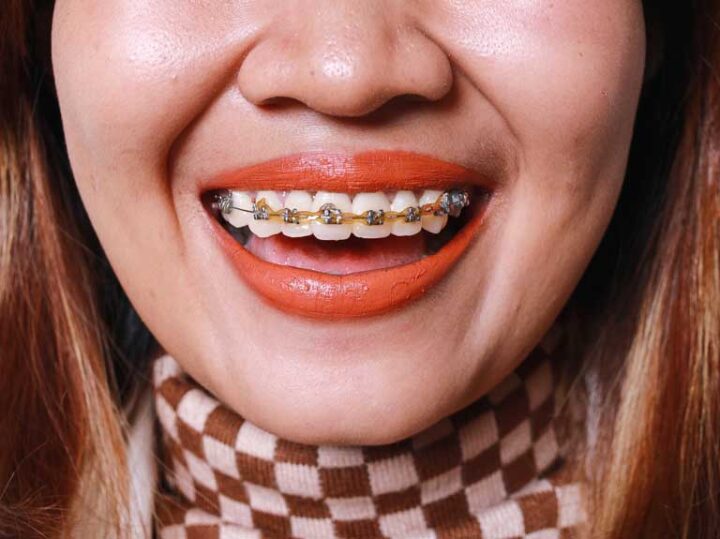My gums only bleed when I’m flossing and have done for years. Is this normal?
Having bleeding gums is not a sign of good dental health. In fact, it is the body telling you that you have inflammation directly as a result of an increase in the amount of plaque in the region. In other words, when the gums are not cleaned well (although exceptions do exist) they bleed. The body is trying to clean the plaque off for you, but it’s not very good at doing that by itself; it really does rely on your toothbrush and floss.
Are bleeding gums caused by a nutrition deficiency?
For the vast majority of patients nutrition deficiency is not the cause of bleeding gums. Hormonal changes during pregnancy, tooth- or gum-related infections, leukemia, and the use of blood thinners can trigger bleeding gums. Vitamin K deficiency and scurvy can also cause bleeding gums.
If gum disease (gingivitis) is not treated promptly or properly, it can lead to periodontal disease, which affects both the gums and the bone that supports the teeth. Regular, thorough professional cleaning is definitely important in controlling these issues.
Is there a toothpaste, mouthwash or food that can help bleeding gums?
A healthy and balanced diet is beneficial for your body and your teeth. Proper care of your teeth and gums are the best remedy for bleeding gums.
Are bleeding gums linked to bad breath?
Poor oral hygiene will cause the gums to bleed and they are also a contributing factor to bad breath. So yes, there is definitely a link between the two.
How do I get my gums to stop bleeding forever?
The essential key to never having bleeding gums is to always take care of them. So how do we do that?
Firstly, ensure your toothbrush has soft or very soft bristles. Do not be in a rush and spend time cleaning next to the gums. Floss once a day and visit your dentist once every six months for a check-up and a professional cleaning. Try salt water or a hydrogen peroxide if you have an acute period of bleeding. Avoid smoking and aspirin consumption, and maintain a steady supplement intake if you’ve been diagnosed with a vitamin deficiency.

Dr Teodora Kent trained in Australia and speaks Serbian. For appointments please call: 6733 9882











